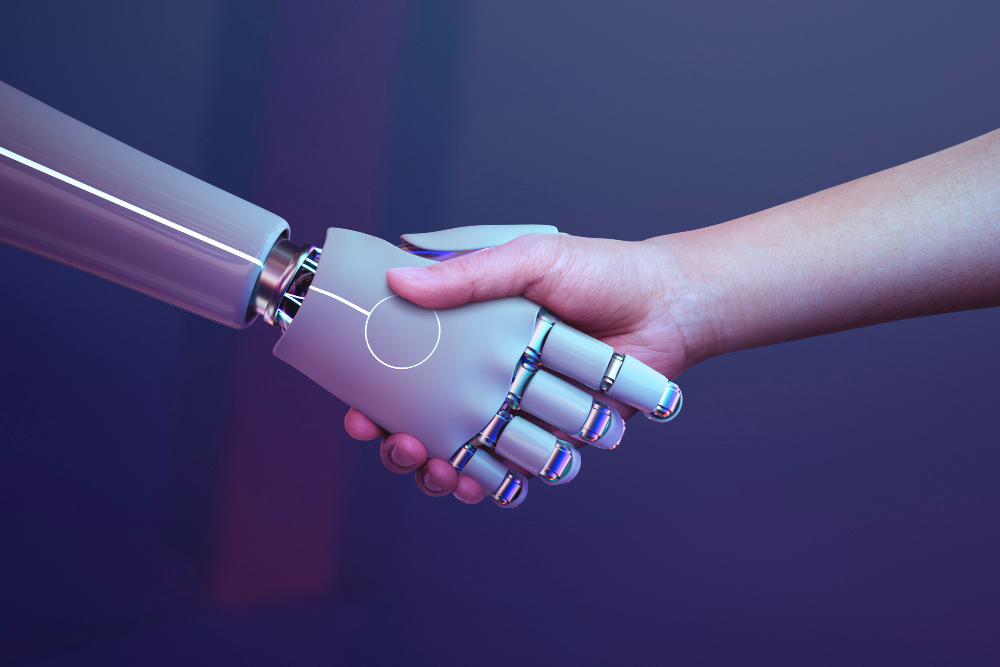AI is no longer just a buzzword in boardrooms — it’s a bottom-line disruptor. As global enterprises integrate AI into their operations, traditional IT services are undergoing a shift. Large outsourcing contracts are shrinking. Automation is replacing repetitive tasks. And the revenue models of legacy IT companies are being rewritten in real time.
This article explores how AI is shaking the foundations of traditional IT business models, and what future-ready firms — especially any aspiring top software development company — must do to stay competitive and relevant.
Why AI Is Reshaping the IT Revenue Landscape
Recent industry reports and market analysis show a clear trend: AI-led automation and GenAI tools are reducing client dependency on human-heavy IT services. Here’s how:
- Reduced Need for Low-Level Outsourcing: With AI handling code generation, QA testing, and even customer support, clients need fewer human resources.
- Shift to Outcome-Based Billing: Clients are demanding performance-based pricing instead of time-bound contracts.
- Lower TCV (Total Contract Value): Multi-year, multi-million-dollar deals are shrinking in scope as automation reduces delivery costs.
Revenue Risks for Traditional IT Giants
Companies with a heavy reliance on legacy IT services (such as maintenance, data entry, and manual QA) are facing margin pressure. Investors have flagged concerns about whether these firms can pivot fast enough to meet AI-led expectations.
Many are now restructuring their services, investing in AI labs, and shifting toward SaaS-based products and cloud-native transformation projects.
Opportunities for Agile Software Providers
While large IT firms face disruption, there’s a huge opportunity for the next-generation players. A top software development company that embraces AI-first development strategies can attract high-growth clients looking for:
- AI-driven product development
- Automated workflows & DevOps pipelines
- Data analytics platforms powered by machine learning
- Custom AI model integration with existing enterprise systems
This marks a shift from service delivery to **solution delivery** — and that’s where the new revenue lies.
What Clients Now Expect
Enterprises are no longer asking, “Can you build this?” Instead, they’re asking, “Can you automate this, scale it, and integrate it into our AI strategy?” This is a major shift in the buyer mindset.
IT vendors must now provide consultative value, not just technical expertise. This includes advising on LLMs, data privacy, AI ethics, and intelligent automation pipelines.
Conclusion: AI Is Not Just Disruption — It’s Direction
The disruption AI is causing is a wake-up call for every software services company. The firms that adapt will lead. The ones that cling to legacy models will fall behind. It’s no longer enough to write code — it’s time to write solutions that think.
That’s why every modern top software development company is investing in AI — not as a service, but as a core competency.
In 2025 and beyond, your revenue will follow your relevance. And relevance now means building for an AI-powered world.
